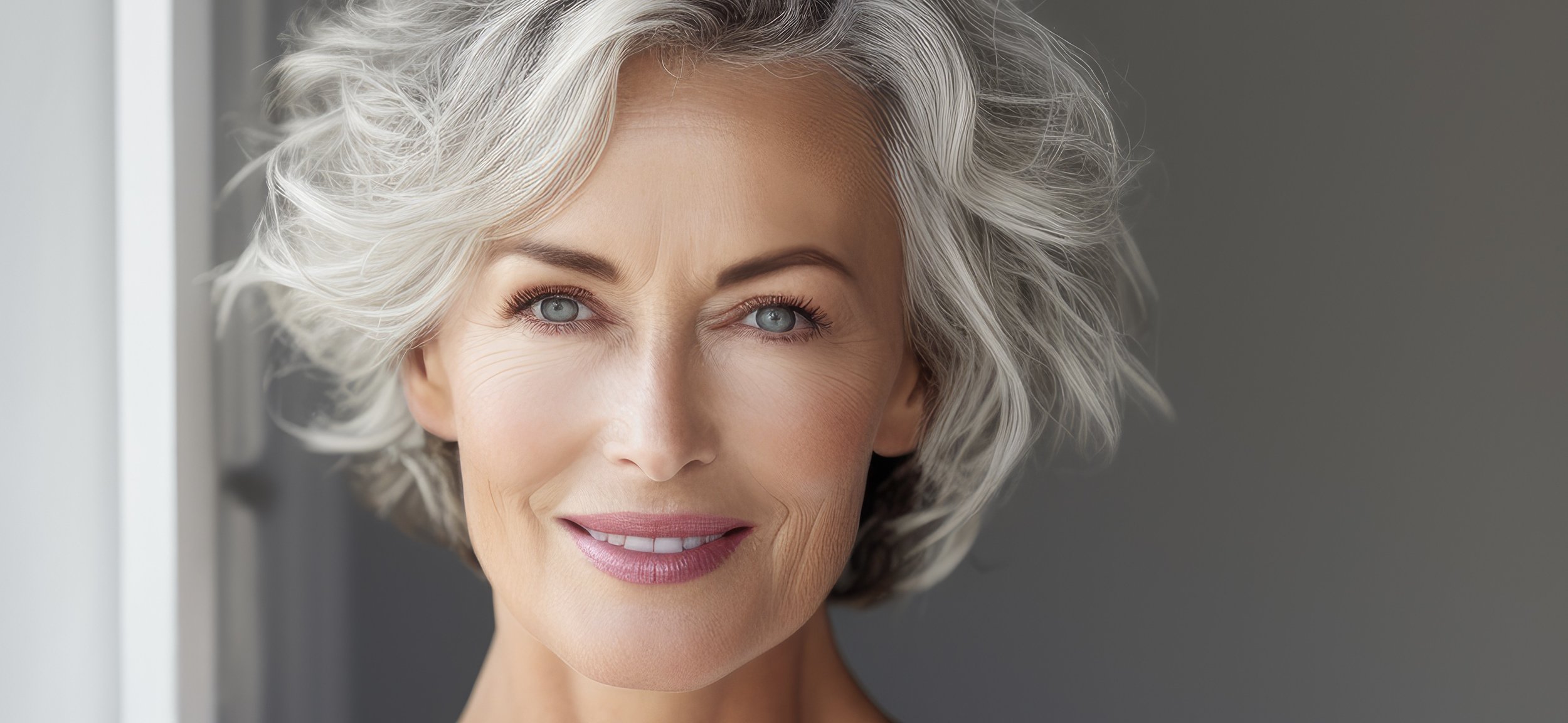Sarah’s Health Notes: Dry eyes need tears
Dry Eye Syndrome is a common problem, mostly down to age (grrr!) and spending hours locked to our screens. I’ve suffered for many years now and with National Eye Health Week starting today (19th September), I thought it would be helpful to revisit the subject.
‘Do your eyes water excessively in the mornings when you wake up?’ asked the optician during a recent (long overdue) eye examination. Also, did I feel as if I often had something in my eye? My response was a resounding ‘yes’ to both . And then ‘yes’ and ‘yes’ again to the tick list of symptoms - see below - for dry eye syndrome (DES), medically called keratoconjunctivitis sicca.
The underlying cause of DES is problems with the tear film, which is spread across the surface of the eye every time we blink. If we don’t blink enough, the film evaporates and becomes dry; that causes a break in the film, which can make your vision blurred, and your eyes feel gritty and sore. Your eyes may also be sensitive to light and you may feel a burning sensation. And contact lens wearers may become intolerant to them.
The wateriness is your body’s attempt to make up the deficiency of moisture. I also found that my eyes always looked tired and puffy, smaller and duller. The optician at Tom Davies in Sloane Square, London (who was excellent by the way) suggested using a product called VisuXL Gel. A drop in each eye morning and night has really corrected the problem, always provided I remember to use it – if I forget, the symptoms start to recur. And it’s always more evident if I spend long hours at the screen.
DES is a big problem for consumers, says Shabir Daya, the in-house pharmacist at Victoria Health. ‘DES is very common in people aged over 40, particularly women,’ he says. It’s estimated that nearly 60% of women before, during and after menopause suffer from DES. ‘Lower hormone levels are believed to affect the eye structures and the composition of the tears you produce,’ according to Shabir Daya. (See below for Shabir’s product recommendations.)
The pandemic exacerbated the problem because many workers spent more time locked into our screens, according to Professor Stefano Barabino, head of the Ocular Surface Centre at the Sacco Hospital, Milan. A poll of 1109 people, commissioned by eye care brand Rohto, revealed that 55% of participants stare at a screen for five to seven hours a day – in some cases much longer - with only seven in 100 taking the recommend hourly screen break.
‘Sitting in front of a screen, we simply do not blink enough,’ wrote Professor Barabino in The Ophthalmologist. ‘Studies have shown the average number of blinks decreases from about 18 per minute in normal conditions to three or four per minute while watching a screen. Moreover, when we blink while screen watching, that blink is not as forceful or complete. This combination of reduced frequency and intensity of blinks during screen time increases the risk of inducing or exacerbating dry eye disease.’
So, what’s to do?
Have regular eye checks. The ophthalmic practitioners and optometrists who work at an optician’s practise (too many job descriptions here!) don’t just check your sight – although that is vital, of course – they also examine your eyes for conditions including cataracts, glaucoma and DES, as well as health conditions including diabetes and high blood pressure, thyroid disease, some cancers and autoimmune disorders. The recommendation for people with healthy eyes is to have a check every two years. If you have a family condition such as glaucoma, go every year. Many people in the UK are eligible for free eye tests: details here.
Take regular screen breaks. Set the alarm on your phone and make sure to get up every hour. It’s good to drink a glass of water then, too.
Blink, blink, blink! There are lots of apps to get you blinking – such as Eyeblink, which offers a basic free programme with a simple reminder to blink every three seconds and also the option of paying for camera-based features to measure your blink rate (there’s a free 14-day trial first) and a blink reminder if your blink rate is below par.
Consider supplements. Shabir Daya recommends Tear Support with MaquiBright/£20 for 30 capsyles, a natural remedy to enhance tear production. The dose is one vegetarian capsule containing maqui berry in the morning to help support eye health for the whole day. He also suggests Pharma Nord Omega 7 Sea Buckthorn Oil/£21.95 for 60 capsules. For more information on DES, read Shabir’s editorial – Symptoms of Dry Eyes, by clicking here.
And eat oily fish. Such as salmon and sardines: they’re good for so many things, including your eyes.




